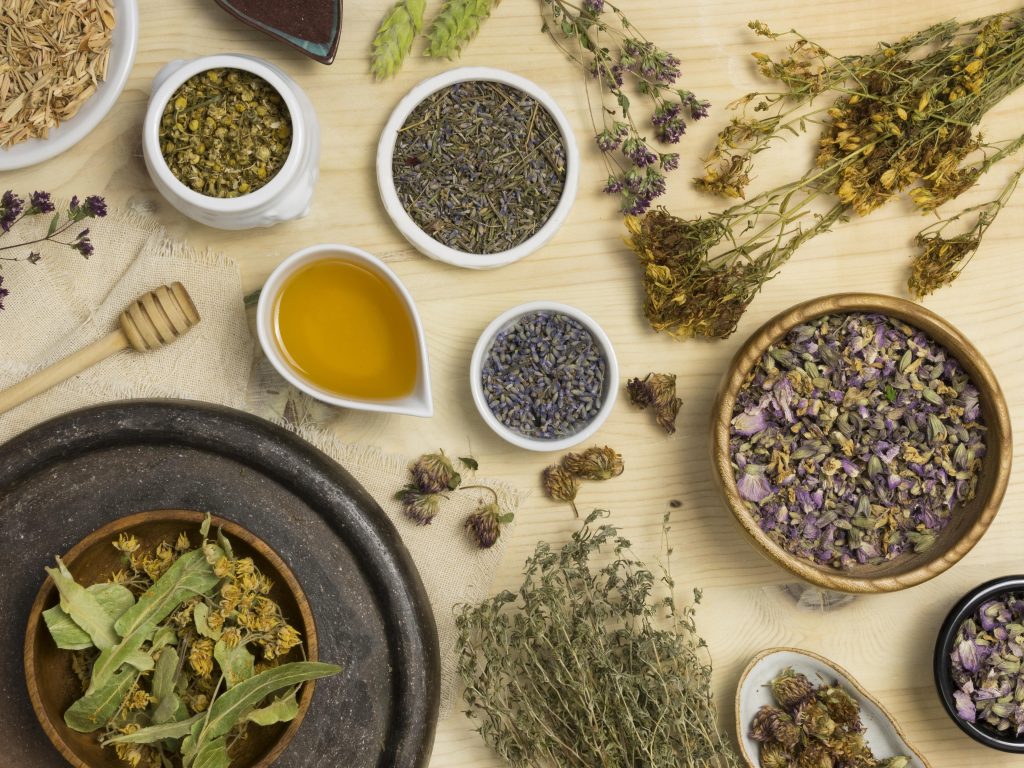Thailand is home to a rich variety of medicinal plants, and one of the most remarkable among them is Piper chaba Hunt. Known locally as Dee Plee, this herb has been used in Thai traditional medicine for centuries to relieve pain, stimulate digestion, strengthen the respiratory system, and enhance circulation. Today, modern research is uncovering its bioactive compounds and confirming its potential for use in supplements and cosmetic formulations.
In this article, we explore the pharmacological properties of Piper chaba Hunt, its key health benefits, and its growing importance in the global wellness industry.
What is Piper Chaba Hunt?
Piper chaba Hunt is a medicinal plant belonging to the Piperaceae family. It is commonly used in Thai, Ayurvedic, and traditional Asian medicine. The fruit and roots of this plant contain high concentrations of alkaloids, flavonoids, essential oils, and lignans, which contribute to its therapeutic properties.
Key Active Compounds
Research has identified several bioactive compounds in Piper chaba Hunt, including:
- Piperine – Known for its metabolic and anti-inflammatory properties
- Chabamide – Exhibits analgesic and antioxidant effects
- Phenolic compounds – Support immune function and cellular repair
These compounds make the herb a potent natural remedy with multiple applications in health and beauty products.
Health Benefits of Piper Chaba Hunt
1. Anti-Inflammatory and Pain Relief
Studies show that Piper chaba Hunt contains natural analgesic compounds that help reduce pain and inflammation, making it beneficial for managing arthritis, muscle pain, and chronic inflammatory conditions.
A study by Chanmahasathien et al. (2020) demonstrated that Piper chaba extract significantly reduced inflammatory markers in vivo.
2. Enhances Digestive Health
Traditionally, this herb has been used as a digestive stimulant. It promotes appetite, aids digestion, and helps reduce symptoms such as bloating and indigestion.
3. Supports Respiratory Function
Piper chaba Hunt is often used in herbal formulas to relieve cough, clear mucus, and improve breathing. It acts as a natural bronchodilator, helping support individuals with asthma and respiratory irritation.
4. Potential Metabolic Booster
Piperine, one of the active compounds, may enhance metabolism and increase fat-burning potential, making it popular in weight management supplements.
5. Antioxidant Properties
Its phenolic compounds provide strong antioxidant effects that protect against cellular damage and slow down the aging process.
Piper Chaba in Cosmetics and Supplement Industries
The demand for natural and plant-based ingredients is rising globally. Piper chaba Hunt is now used in:
- Dietary supplements for metabolism, respiratory wellness, and digestive health
- Topical creams for pain relief and anti-inflammatory support
- Cosmeceuticals for anti-aging and skin rejuvenation due to its antioxidant content
Its natural origin and scientifically validated benefits make it an ideal ingredient for clean-label and functional wellness products.
Traditional vs. Modern Use
| Traditional Use | Modern Application |
|---|---|
| Digestive enhancer | Weight management formulas |
| Respiratory aid | Breathing support supplements |
| Pain relief | Anti-inflammatory skincare |
| Immune booster | Antioxidant supplements |
Conclusion
Piper chaba Hunt is more than a traditional herb. Scientific supported this natural ingredient with remarkable potential in modern health, supplement, and cosmetic industries. With its benefits ranging from anti-inflammatory to metabolic enhancement, this Thai herb is gaining global attention as a future-forward natural solution for holistic wellness.
As consumer demand continues to shift towards natural and plant-based alternatives, Piper chaba Hunt stands out as a powerful and versatile herbal ingredient.
References
Chanmahasathien, W., Suksamrarn, A., & Rukachaisirikul, V. (2020). Anti-inflammatory effects of Piper chaba Hunt extracts in experimental models. Journal of Ethnopharmacology, 259, 112961.
Tewtrakul, S., & Subhadhirasakul, S. (2008). Chemical constitutions and biological activities of Piper chaba. Pharmaceutical Biology, 46(4), 282–288.
Siridechakorn, I., et al. (2012). Antioxidant and respiratory effects of Piper chaba extracts in traditional Thai medicine. Asian Pacific Journal of Tropical Medicine, 5(3), 180–184.
Explore our website to learn more: Click Here

